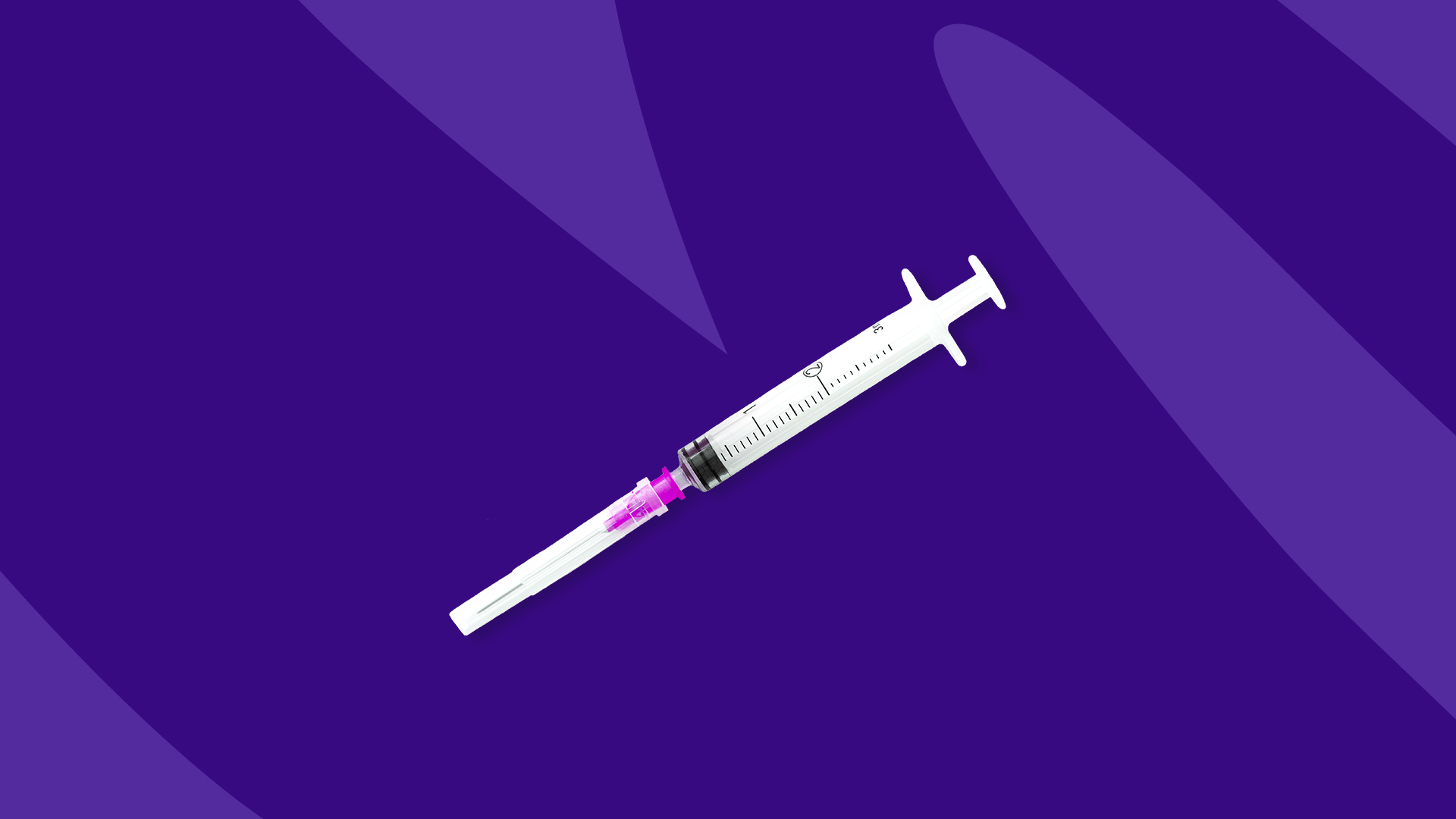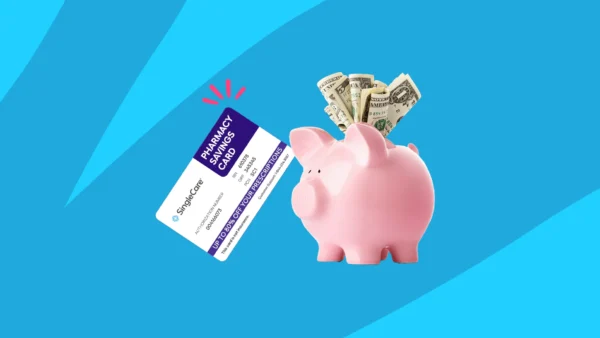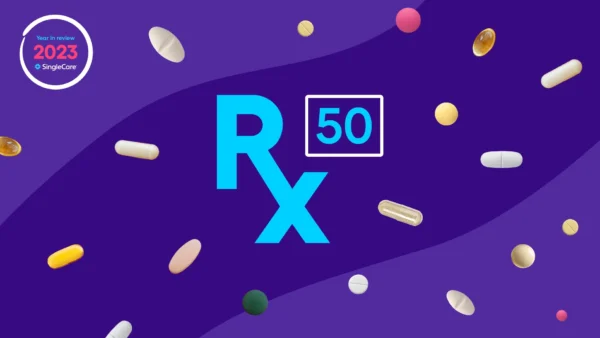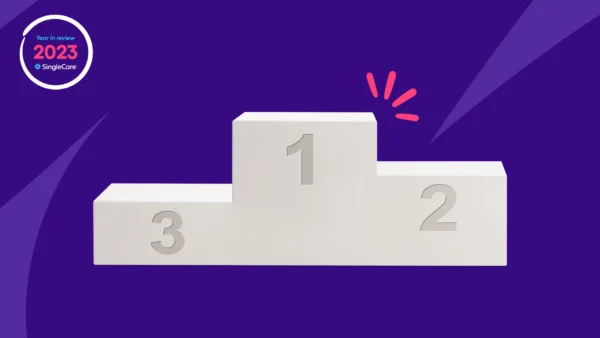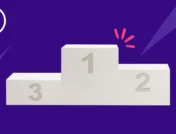Medicare tetanus shot | Why do I need a tetanus shot | Does Medicare pay for tetanus shots? | Ways to save
Tetanus is a bacterial health disease that is most commonly contracted by dirty puncture wounds. This disease, also referred to as lockjaw, is a deadly disease that attacks the nervous system. It causes stiffening muscles that lead to trouble breathing and swallowing.
We’ll discuss how Medicare covers tetanus shots and why you need one. Then, we’ll talk about what a tetanus shot does and its side effects. Finally, we’ll cover how much tetanus shots cost on Medicare and additional ways to save on the shot.
Does Medicare cover tetanus shots?
Medicare does cover tetanus shots, however, the reason you’re getting one will determine what part of Medicare will cover it.
Medicare Part B covers tetanus shots required because of illness or injury. Medicare Part D (and the drug portion of Medicare Part C plans) covers preventive tetanus shots and the Tdap booster shots. Part C and D plans are approved by the Centers for Medicare and Medicaid Services (CMS) and are run by private insurance companies.
You can receive one shot if you have never been vaccinated, and a booster every 10 years. The vaccination and booster help prevent tetanus, diphtheria, and pertussis which is commonly called whooping cough.
Why would I need a tetanus shot?
Tetanus shots are vital as we age and for Medicare beneficiaries it’s even more essential. Tetanus is a deadly disease for everyone, but if you‘re over 65 with diabetes, then tetanus would cause major complications that could lead to death.
What tetanus shots do
Tetanus shots protect you from tetanus, diphtheria, and pertussis. It’s a vaccine that contains toxins that have not yet been released by bacteria. These toxins are meant to activate your immune system and create a response that produces anti-toxins.
There are several ways that you can be exposed to tetanus. Bacterial spores can enter the body through areas where broken skin is present. The most common are puncture wounds from dirty and contaminated objects.
These include:
- Burns
- Crush injuries
- Injuries with dead tissue
- Wounds caused by an object puncturing the skin, like a nail or needle
- Wounds contaminated with dirt, feces, or saliva
Less common ways you can contract tetanus are:
- Chronic sores and infections
- Clean superficial wounds (when only the topmost layer of skin is scraped off
- Compound fractures
- Dental infections
- Insect bites
- Intramuscular injections
- Intravenous drug use
- Surgical procedures
Adults will have their tetanus shot and booster shots administered as an injection into the deltoid muscle of their arm.
Tetanus can cause severe medical conditions and complications. Some symptoms of tetanus can include:
- Blood pressure and heart rate changes
- Difficulty swallowing
- Fever
- Headaches
- Muscle pain and stiffness
- Severe muscle spasms
- Seizures
- Tightening of the jaw muscles
When to get a tetanus shot
Tetanus shots are given both as a preventative and after being injured. The recommended schedule of tetanus vaccinations depends on your age and which vaccination you are receiving.
Centers for Disease Control and Prevention (CDC) recommends DTaP for children younger than seven years of age. If the pertussis component isn’t suitable, the use of DT is recommended to complete the vaccine schedule. The DTaP schedule is five doses between the ages of 2 months and 6 years old.
The CDC’s recommendation is one dose of Tdap for all adolescents. It’s preferable to administer the Tdap vaccination at 11 to 12 years old. If they miss their Tdap at 11 or 12 it’s suggested that they receive the vaccination at the next patient interaction.
The CDC recommends one dose of Tdap for women during pregnancy. Tdap application is preferred during gestational weeks 27 to 36. It’s acceptable to perform the Tdap vaccination earlier in pregnancy if there is a need for wound care or if there is a pertussis outbreak in the community.
The CDC recommends one dose for healthcare workers that haven’t received the Tdap vaccination, and have direct contact with patients.
Adults that haven’t been vaccinated with Tdap should receive one dose of Tdap. Vaccination of adults is recommended as soon as possible. After receipt of the Tdap shot, patients should receive the tetanus booster for immunization every 10 years.
Tetanus shot side effects
Like with any vaccine or medication there are potential side effects associated with the tetanus shot. In most cases, these side effects are very mild and won’t require medical treatment.
Side effects may include:
- Decreased appetite
- Fever
- Headaches
- Lethargy
- Nausea
- Rash
- Swelling or tenderness at the injection site
- Upset stomach
- Vomiting
Check with your doctor before you’re administered a tetanus shot. You should ensure that you aren’t allergic to any of the shot’s ingredients. You should tell your doctor if you are having any of the following:
- Have nervous system problems like seizures.
- Have Guillain-Barré syndrome.
- Previously had severe pain or swelling after receiving diphtheria, tetanus, or whooping cough vaccines.
Does Medicare pay for tetanus shots?
Tetanus shots are not covered by Original Medicare unless the reason for the shot is due to an illness or injury. Original Medicare is made up of Medicare Part A and Medicare Part B.
Medicare coverage for tetanus shots is generally covered under the Medicare prescription drug plan you enroll in. Regardless of whether you enroll with a stand-alone Medicare Part D plan or a Part C Medicare Advantage plan that includes drug coverage, tetanus shots are frequently covered as a Tier three prescription under your Part D coverage.
The Shingles vaccine is another common shot that isn’t covered under Original Medicare. Similar to a tetanus shot, the shingles shot is covered under your Medicare prescription drug coverage.
Only vaccines that are covered under the Medicare preventive services are covered under Original Medicare. The vaccinations that are covered by Medicare Part B are the flu shot, the Hepatitis B vaccine, the pneumococcal vaccine, and the COVID vaccine.
This means the copay or coinsurance will be consistent with the cost of a non-preferred brand drug on your plan, unless you have Extra Help. All plans have different fee schedules for their different tiers and plans. To find out what it costs on your plan, you should refer to your summary of benefits provided by your health insurance company.
To get a tetanus shot when on Medicare, you can usually get it administered at your pharmacy, doctor’s office, community health center, or medical clinic. The cost of the vaccine will vary based on where you decide to get vaccinated. You should check your plans coverage rules and see where you can get vaccinated at the lowest cost.
It is usually cheapest to get the vaccine at in-network pharmacies or at a healthcare provider’s office that either coordinates with a pharmacy for vaccination billing or will bill your plan directly. If that is not possible, then you may be billed for the entire cost, the drug and the injection, and will have to request reimbursement.
Other ways to save on tetanus shots
If you’re denied coverage for a tetanus shot you can file an appeal by submitting a request for redetermination with Medicare. You can find details on how to file the appeal on Medicare’s website.
The cash price for a tetanus shot usually ranges between $50 and $90 dollars depending on which tetanus shot you need to be administered. If you need help paying for your tetanus shot there are a few options available to help lower the cost.
You can apply to the Low-Income Subsidy Extra Help program if you meet the qualifications. The Extra Help program is a federal program aims to help beneficiaries with lower income pay for their prescription drugs. If approved your drug plan premiums, deductibles, copays, and coinsurance will be lowered to the allowed amount.
Another way to lower the cost of a tetanus shot is to use a free discount card from SingleCare. SingleCare provides you with a free coupon via text, email, or download for instant savings. Many people are saving money on their drug costs by using the SingleCare discount drug card and you can too. Getting your discount card is easy, simply go the SingleCare and get yours today!



